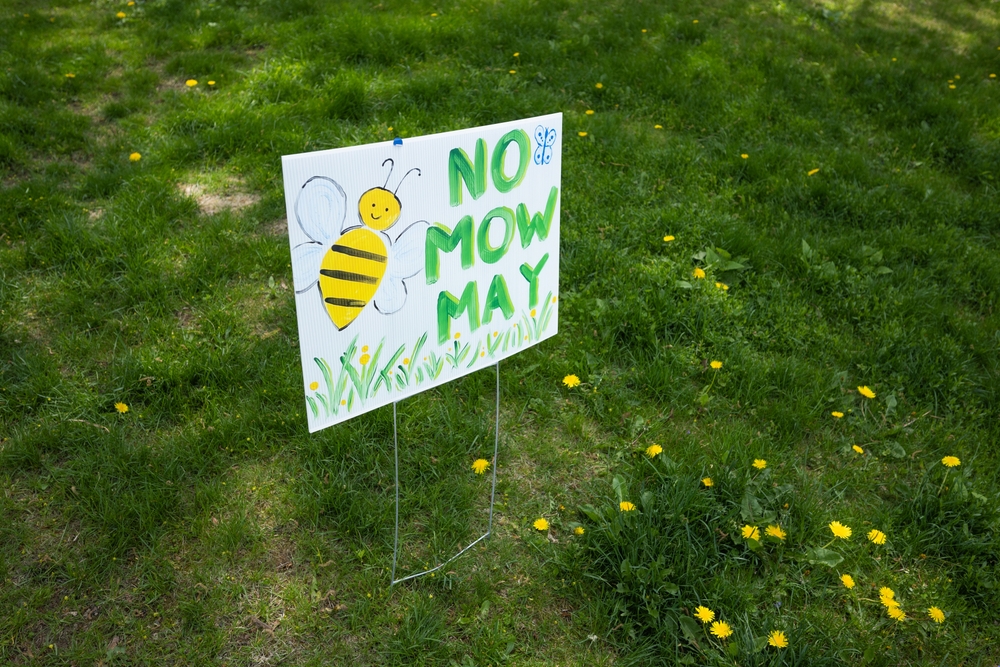The common problem with renewable energies, such as solar power, is that they cannot produce energy all the time. When the sun goes down, the solar panels stop generating energy. Energy-storing batteries are one way to get around the problem, but what if we could also produce energy at night using an entirely different source? According to scientist Aaswath Raman, that could be possible in the future.
Raman’s interests in clean energy and cooling led him to learn about a phenomenon called “radiative cooling”, which is when objects facing upward shed heat into the sky after dark, cooling the surrounding area. This “aha” moment led him to develop a device along with his colleagues at UCLA that can harness nighttime cooling to generate a small amount of power.
At the moment, this pollution-free device is too costly and generates too little electricity to compete with other forms of clean energy. To power a 3-watt LED lightbulb, the generator would need to be 1300 square feet. Raman said he believes scientists could get that number down 60 square feet, and they could also lower costs enough to make it useful in remote areas disconnected from the power grid.
A future iteration of the device could allow people without access to electricity to turn on a lightbulb, charge a cell phone, or power some other small device at night. Even though we’ll have to wait awhile before this device becomes close to competitive with other sources of energy, it does show us that new sources of energy can still be found in the most unlikely of places.












